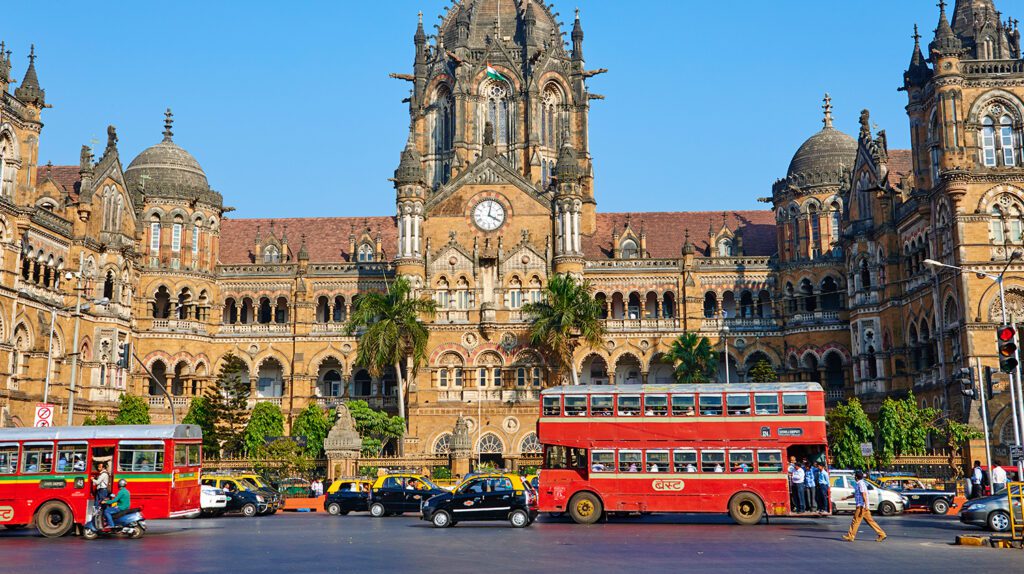One of India’s most populous cities is taking action against climate change. Mumbai has announced plans to achieve net-zero carbon emissions by 2050.
The pledge is part of the city’s new Climate Action Plan, announced on March 13. It aims to fulfill the Paris Agreement’s goal of limiting global warming to 1.5 degrees Celsius. The move makes Mumbai—India’s booming financial hub—the first South Asian city to set such a target.
The pledge also puts Mumbai in a position to achieve carbon neutrality 20 years ahead of India’s national goal. During the 2021 United Nations Climate Change Conference, or COP26, in Glasgow—India’s prime minister, Narendra Modi, unveiled its plan to cut its carbon emissions to net-zero by 2070.
“Today India is moving forward on the subject of climate with great courage and great ambition,” Modi said during his speech. “For many developing countries, climate change is looming large over their existence. We have to take big steps today to save the world. This is the need of the hour and this will also prove the relevance of this forum.”
India is the world’s third largest emitter of carbon dioxide, following China and the US. In 2021, India’s energy-related carbon emissions grew by more than 10 percent. This was mainly due to an increase of coal usage for generating electricity, reports the International Energy Agency.

Mumbai aims to cut carbon emissions
Mumbai’s Climate Action Plan targets the city’s energy, waste, and transportation sectors.
It includes measures for a zero-landfill waste management plan, increasing green spaces, and building energy-efficient infrastructure. It also outlines a goal of electrifying the city’s public transportation, with an intent of purchasing 2,100 electric buses by 2023.
A 2021 analysis by the World Resources Institute India found that 95 percent of all electricity consumed in Mumbai is based on coal. As a result, the city’s energy sector is responsible for more than 70 percent of all greenhouse gas emissions.
Mumbai will allocate a $6 billion annual budget, including funding from the state of Maharashtra to its plan. In transitioning to a decarbonized economy, Mumbai aims to convert to clean fuels and renewable energy.
“As promised in August 2021, the city now has a decisive plan for climate action,” Maharashtra Environment Minister Aaditya Thackeray wrote on Twitter. “With this strategy in place for collective implementation, we have taken one step closer to safeguarding our future and that of the planet.”


